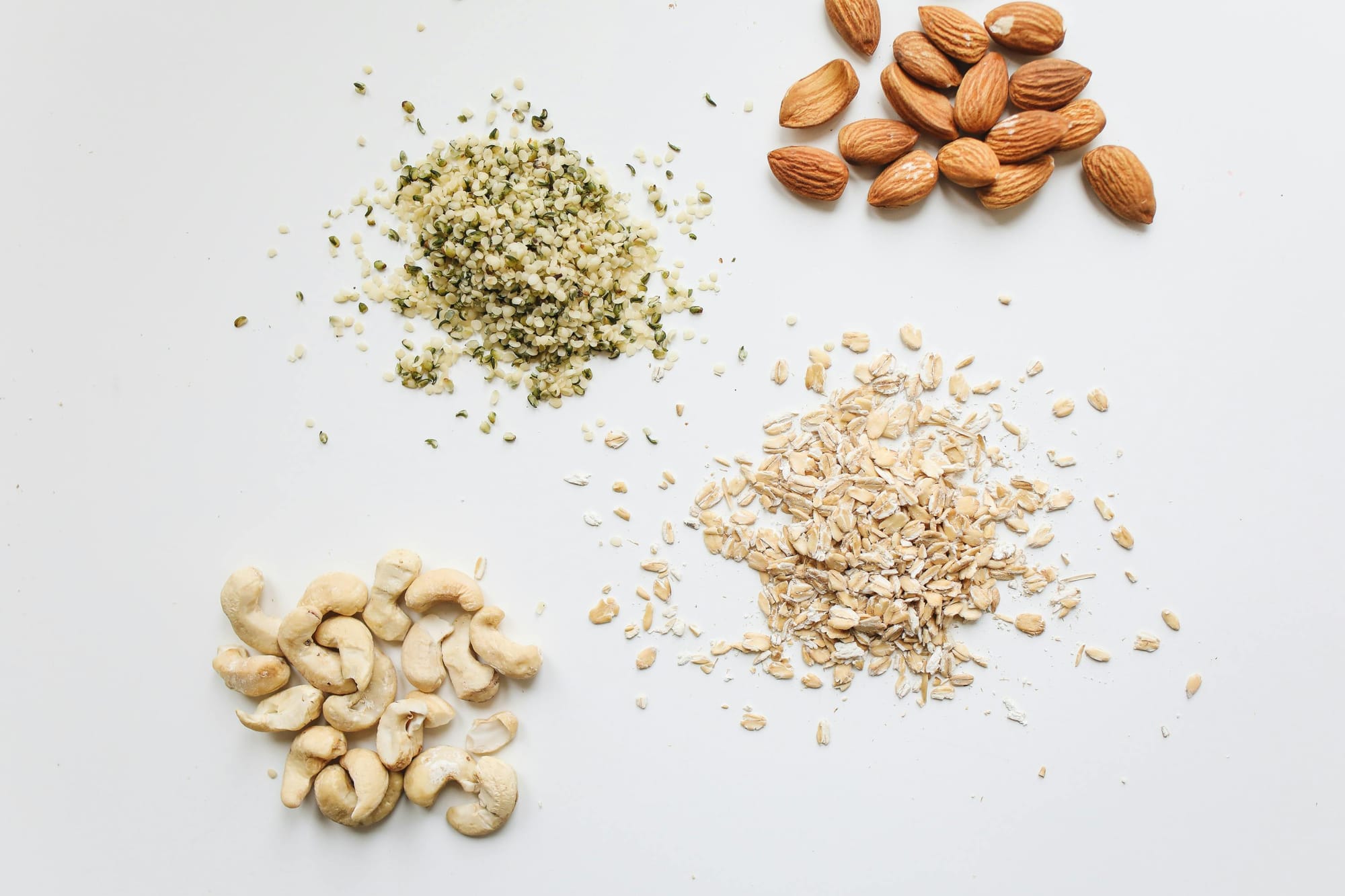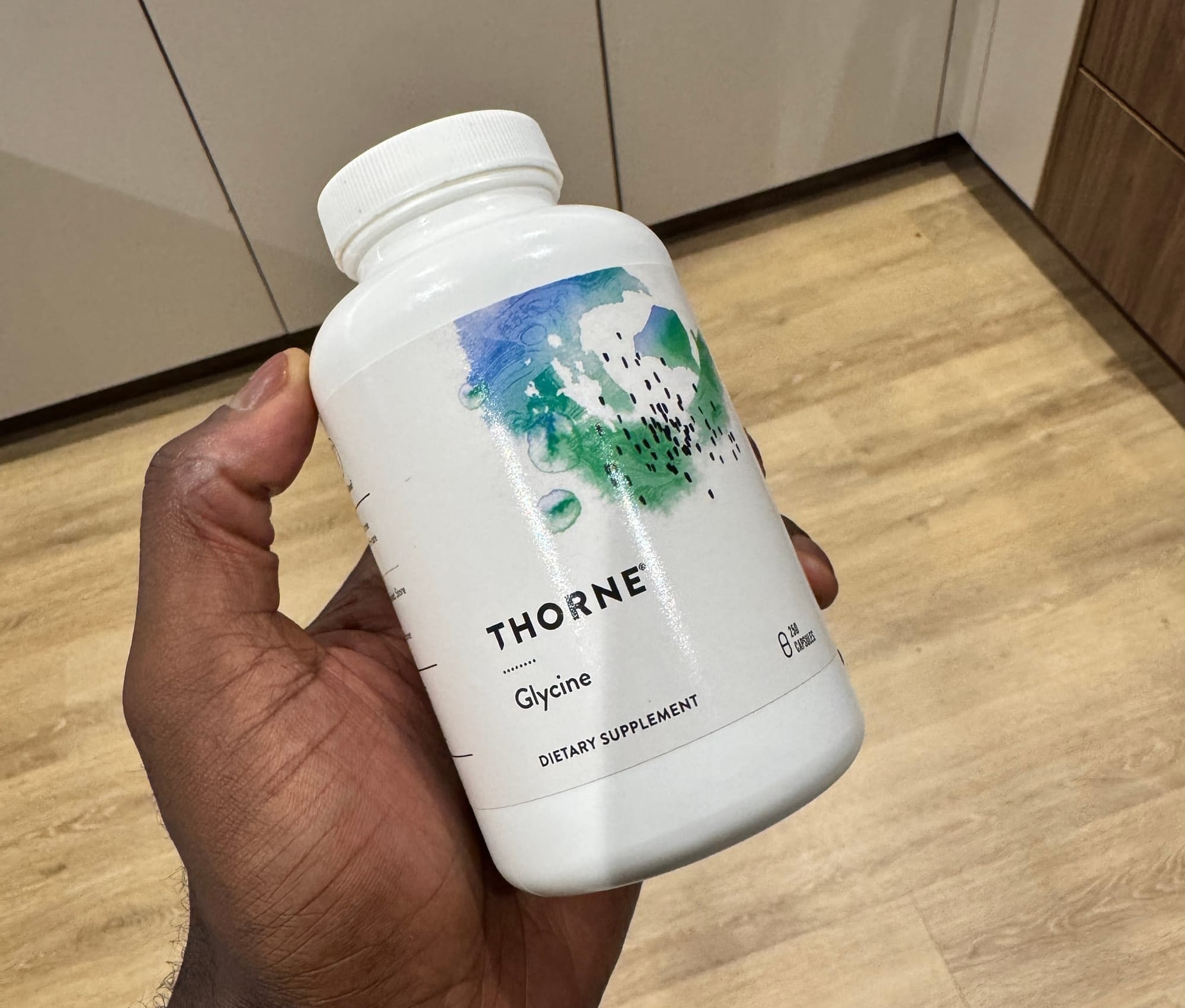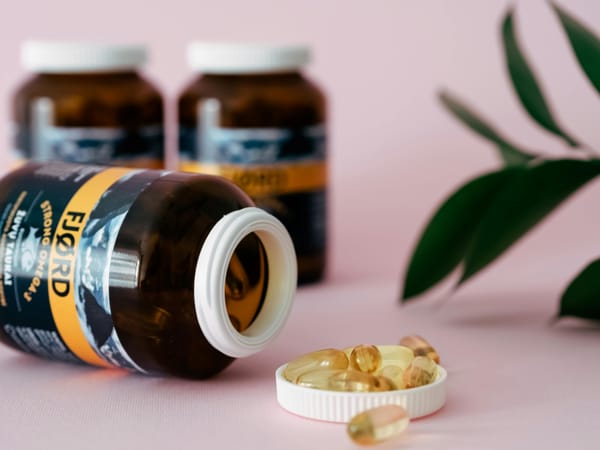Happy Monday - hope the weekend was as you wanted it to be!
Here are some more tips and info to implement into your week for better health.
Fatty acids = better sleep?
We've all been there; when that daytime sleepiness hits us.
So many people as a result reach for the coffee in an attempt to liven themselves up (or five).
But there might be a better way, judging by a new study that came out recently.
It looked at over 6000 people from multiple different groups, and what it showed was that higher levels of polyunsaturated fatty acids (PUFAs) in the blood was consistently linked to less daytime sleepiness.
But how?
Here are a few potential reasons:
- PUFA's help to keep cell membranes fluid, optimising signalling between neurons. This includes neurotransmitters like serotonin and dopamine - both of which are involved with regulating sleep and our circadian rhythm (aka our biological clock)
- The anti-inflammatory effects of polyunsaturated fats may help to lower systemic inflammation in the body – contributing to more restful sleep. One of the biggest transformations I actually noticed when shifting to a plant-based diet in 2017 was my quality of sleep; it was dramatic.
- Some Omega-3 fatty acids are involved in melatonin production – of course the key hormone that regulates our sleep-wake cycle
The question is this: which foods are you getting these polyunsaturated fats from?
No surprises that you can find them in nuts and seeds (think walnuts, flaxseeds, chia seeds, hemp seeds) and fatty fish like salmon and mackerel.

Top tip for the week:
- Aim to get a handful of nuts and seeds into your meals each day. This could be some hemp, chia or flax in your oatmeal or a smoothie, or even throwing some toasted walnuts onto a green salad
Observe how things go, and see if you're more alert during the day.
My new Dad sleep 'hack'
Well....its not actually much of a hack.
Because I'm pleased to report that my daughter is sleeping right through the night and my wife and I are no longer in the sleep trenches! Fingers crossed that continues.
But there is something that I have been using consistently to help get quality restful sleep.
I've been on and off with it in the past, but now it is a staple supplement in my night routine.
And that is glycine.
Glycine is an amino acid that the body produces some of naturally, and it's involved in calming the nervous system, lowering core body temperature, and helping you get into deeper stages of sleep.
This study showed that volunteers who took 3g of glycine before bed improved subjective sleep quality and sleep efficacy – as well as improved performance in memory recognition tasks as a result.

Ever since being on it consistently I've noticed the following:
- Feeling incredibly rested when waking up
- Experiencing very vivid dreams that I actually remember in the morning (some of them have been bizarre to say the least)
Quality sleep of course has a number of factors that contribute to it: meal timing, light exposure and movement being three that are super important.
But if sleep is something that you're struggling with or you want to improve even further, glycine might be worth exploring.
I've really streamlined my supplement stack down to just the important ones (maybe it's time for a newsletter on my updated stack) – and glycine is one of them.
It's cheap, readily accessible, and can help you hit clinical amounts of glycine to really improve your health and sleep.
It's not a magic bullet – no supplement is – but a tool that can help you improve one of the key cornerstones of health. It's worth trying, and see how you go
As always I appreciate you reading and getting this far – have a strong week.
Stay healthy,
Jeff
*ps - if you found value from this newsletter, I want you to send it to three friends who you think will benefit from it, and encourage them to sign up!
